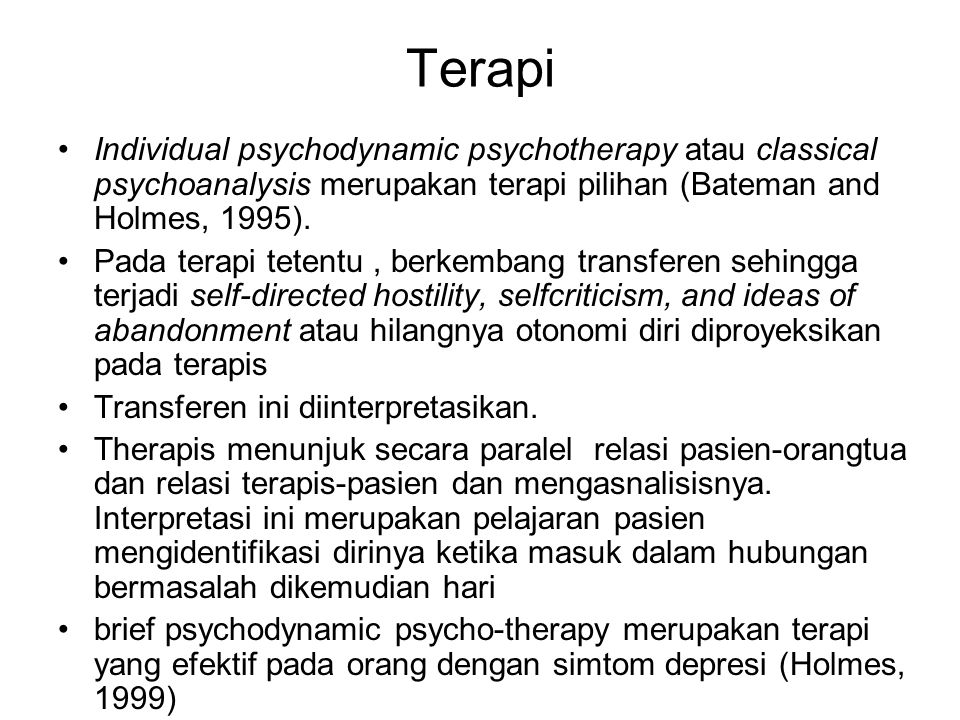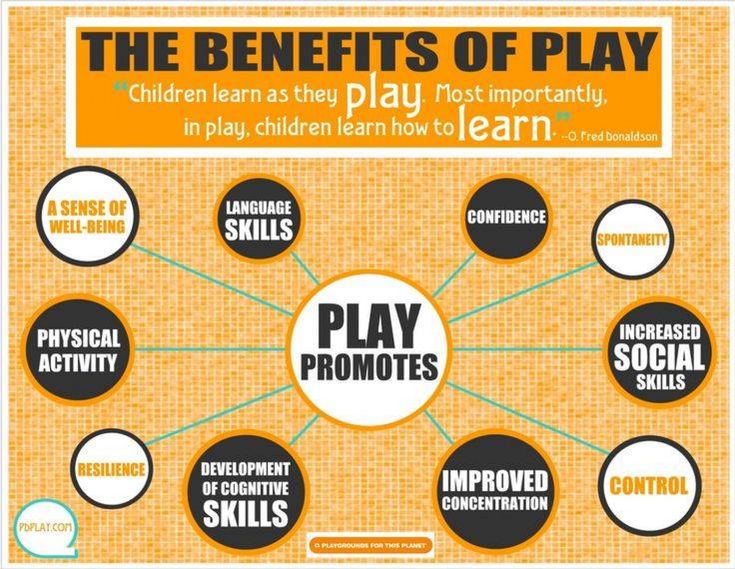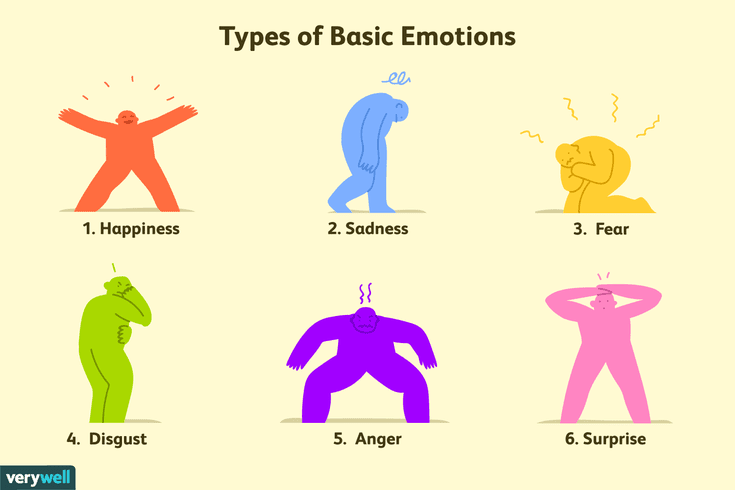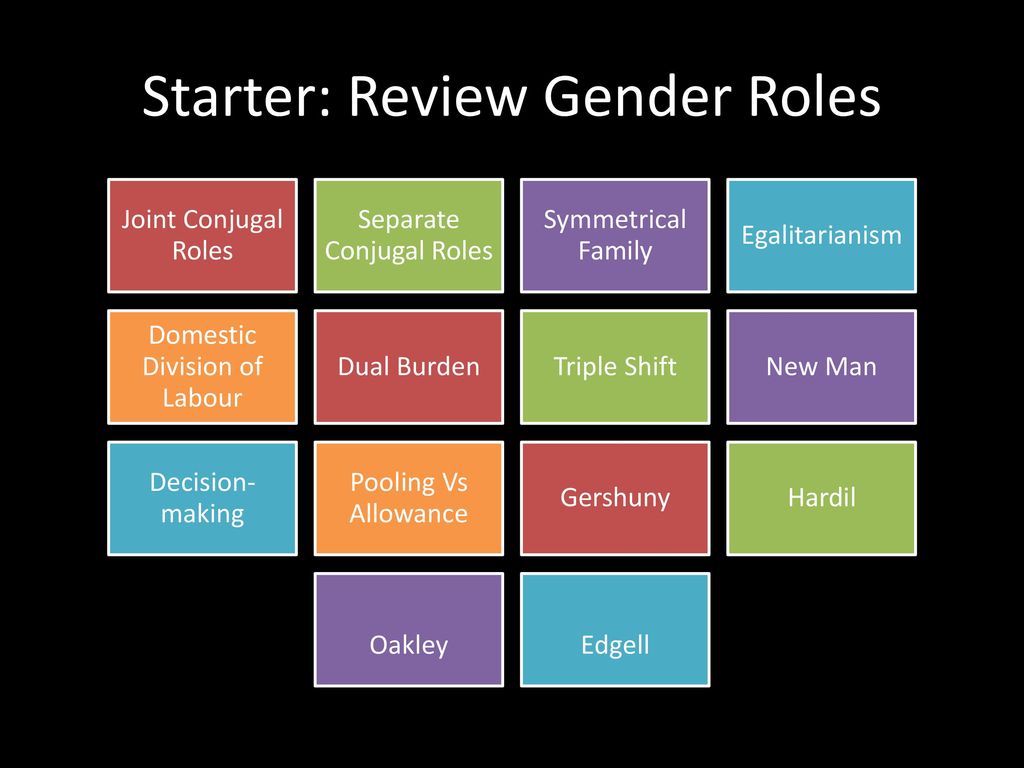Symptoms of traumatic grief
What it Is, Symptoms, and How to Cope
Traumatic grief is a form of grief that happens in response to a sudden, unexpected loss.
Grieving is always difficult. And when a loss is sudden, coping in the aftermath can feel impossibly hard.
Everyone grieves at some point in their life, and it affects people in all sorts of ways. When grieving, you may find it difficult to move forward.
But while it can feel tough right now, there are ways to heal and manage the grief you’re feeling.
Traumatic grief can happen in response to a sudden, unexpected loss.
For example, maybe you lost a child, or experienced the violent death of someone close to you. It might also involve losing your support system.
Traumatic grief is different from the grief that happens from an expected loss, such as when someone passes away after a long chronic illness.
That doesn’t mean that other forms of grief are any less difficult to deal with. In some people, it may even lead to prolonged grief disorder, also called complicated grief.
Traumatic grief is more likely to lead to complicated grief. And the feelings that come with traumatic grief are also much more intense.
“The shock and unexpected nature of the loss can be traumatizing and trigger intrusive, preoccupying thoughts or bodily responses that are essentially distorted survival mechanisms in addition to the mourning of whatever was unexpectedly lost,” says Michael Roeske, PsyD and executive director at Newport Healthcare Connecticut.
Traumatic grief is also related to prolonged grief disorder, says Roeske. Sometimes, people use the terms interchangeably. Prolonged grief disorder involves a deep longing for the lost loved one and constant thoughts about them, which can interfere with your everyday life.
Evidence suggests that people are more likely to develop complicated grief disorder if the circumstances of the loss are traumatic in some way, like an accident or natural disaster. For many people, the loss of a child may be the most traumatic form of family loss.
According to Roeske, finding out about an unexpected death can also cause grief that leads to post-traumatic stress disorder (PTSD), a mental health condition that causes disturbing, intrusive thoughts related to the initiating traumatic event.
Research involving adults who lost someone during 9/11 found that about 43% had what could be categorized as complicated grief with PTSD 3 years after the event.
PTSD relating to grief is also especially likely if you have an existing mental health condition at the time you experience a traumatic loss, adds Roeske.
If you’re living with depression, for example, you may have a more pronounced reaction to a loss.
We all experience grief differently. There’s no right or wrong way to grieve a loss. But if you’re experiencing traumatic grief, it may look different from other forms of grieving. Symptoms can include:
- nightmares
- difficulty sleeping
- attempts to avoid all thoughts and activities associated with the trauma
- flashbacks
- emotional numbness
- fear
- anxiety
According to Roeske, people experiencing traumatic grief may also feel angry and that what’s happened is unfair.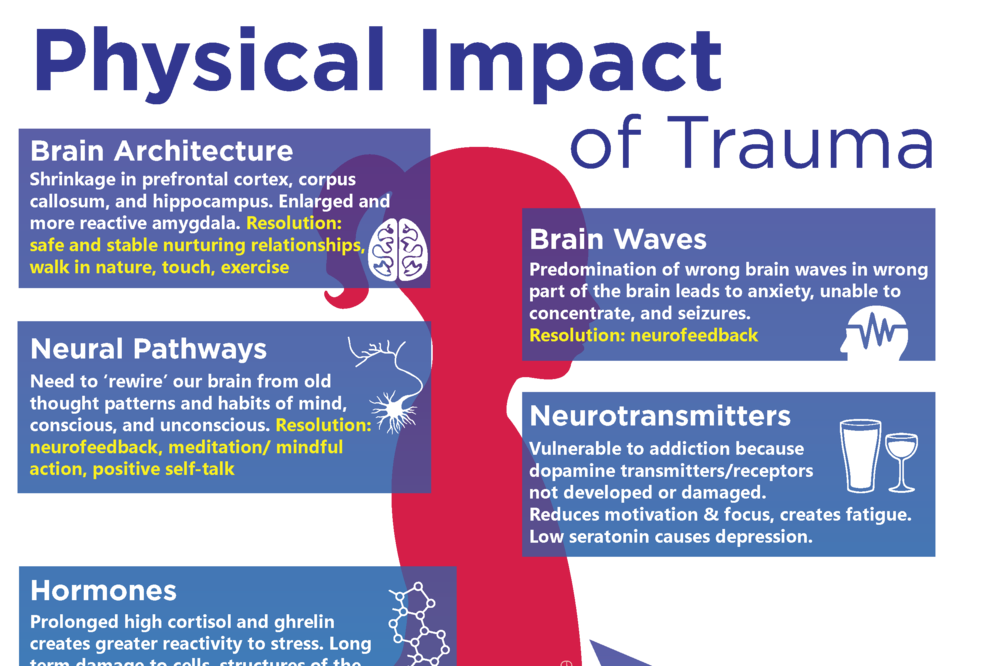 They may also feel like they have unfinished business or something they need to work on.
They may also feel like they have unfinished business or something they need to work on.
The symptoms are more intense, pervasive, and persistent than regular grief. “Those experiencing traumatic grief are also more likely to feel fear for themselves and/or others,” adds Roeske.
According to the Substance Abuse and Mental Health Services Administration (SAMHSA), physical symptoms may also include:
- shakiness or trembling
- nausea
- loss of appetite
- dry mouth
- problems sleeping
- trouble breathing
- muscle weakness
People deal with grief in different ways, but some things may be more helpful than others in getting you through this difficult time.
Focus on routine and maintaining structure
“It is best to first stabilize the trauma by focusing on how to regulate emotions and calm the nervous system before trying anything else,” says Roeske.
Soothing the nervous system looks different for everybody, but doing things that you enjoy is a good place to start.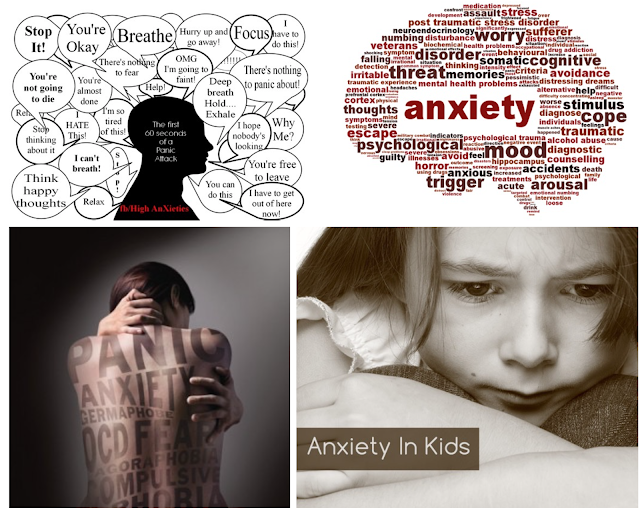 For some people, grounding exercises help them feel more connected to their bodies and surroundings.
For some people, grounding exercises help them feel more connected to their bodies and surroundings.
Following a routine helps people to feel safe and cared for. Keeping regular mealtimes and prioritizing sleep may give you a greater capacity to regulate your emotions throughout the day.
Know that your feelings are not uncommon
Everyone deals with grief at some point and handles it differently. There’s nothing wrong with you if you’re experiencing traumatic grief that’s impacting your usual activities. You just might need extra support.
Acknowledge how you’re feeling
By understanding and identifying traumatic grief, you’re better equipped to deal with and manage those feelings, adds Roeske.
Think about it
Avoid trying to ignore your pain and grief. “Allow yourself to think about what happened instead of numbing or blocking it out,” Roeske says.
Express yourself
If you’re finding it tough to make sense of your feelings, journaling about your grief may help.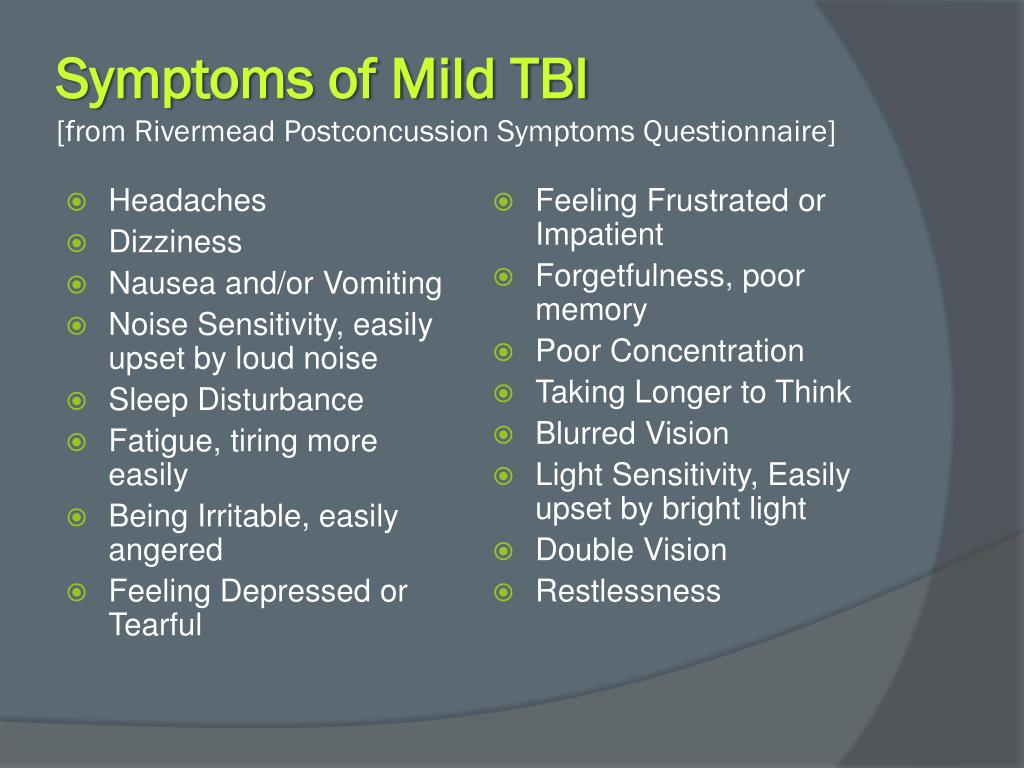 It may even be a good first step before opening up to others.
It may even be a good first step before opening up to others.
Lean on others
Share how you’re feeling with people around you. Some people find it particularly helpful to talk with people who have experienced the same type of loss by joining grief support groups.
If you’re supporting someone who has experienced a sudden loss, try being a good listener. It can help to let the person talk about their loved one and grief.
In a 2021 study on forms of support for traumatic grief, responders commonly said that they appreciated it when people let them mention the name of the person they lost without being made to feel awkward.
“Grief is different for every person and every loss. It can last for weeks, months, or even years. This is why working with a mental health professional can be so important and beneficial in healing,” says Roeske.
He recommends seeing a mental health professional if your grief is having a negative impact on your life. If you’re having trouble eating, sleeping, or otherwise taking care of yourself, that’s a sign it’s time to talk with someone about how you’re feeling.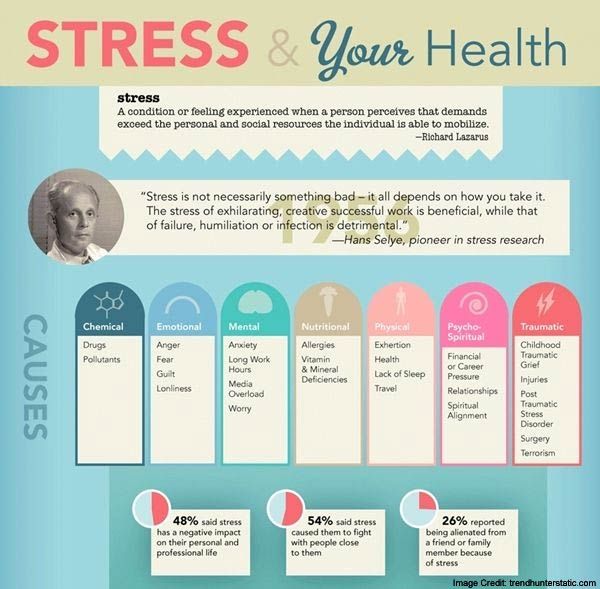
If you’re looking for extra support, these resources may help:
- Trauma Survivor’s Network
- Substance Abuse and Mental Health Services Administration
- The Center for Complicated Grief’s find a therapist tool
- Hope for Bereaved’s free services and helpline
What it Is, Symptoms, and How to Cope
Traumatic grief is a form of grief that happens in response to a sudden, unexpected loss.
Grieving is always difficult. And when a loss is sudden, coping in the aftermath can feel impossibly hard.
Everyone grieves at some point in their life, and it affects people in all sorts of ways. When grieving, you may find it difficult to move forward.
But while it can feel tough right now, there are ways to heal and manage the grief you’re feeling.
Traumatic grief can happen in response to a sudden, unexpected loss.
For example, maybe you lost a child, or experienced the violent death of someone close to you. It might also involve losing your support system.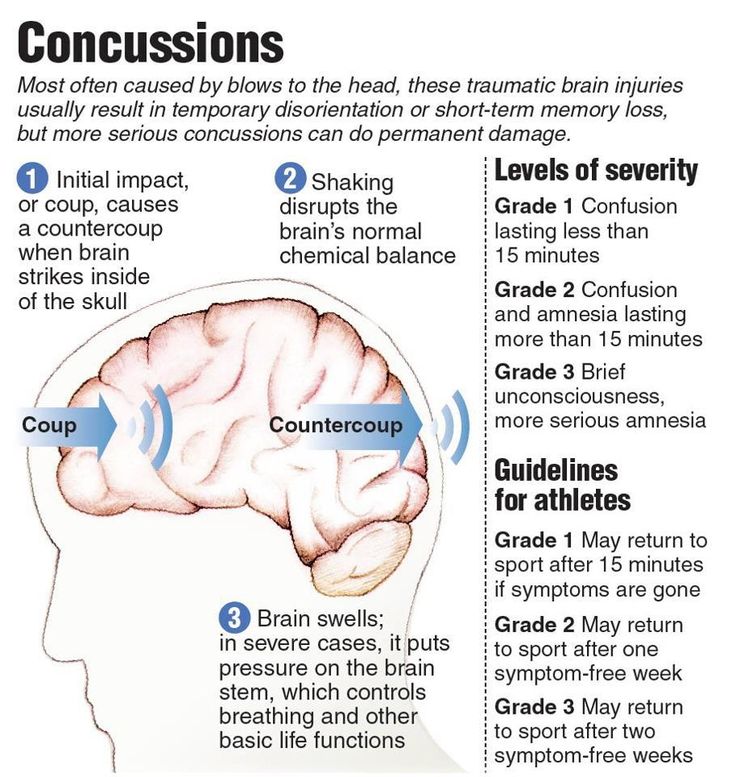
Traumatic grief is different from the grief that happens from an expected loss, such as when someone passes away after a long chronic illness.
That doesn’t mean that other forms of grief are any less difficult to deal with. In some people, it may even lead to prolonged grief disorder, also called complicated grief.
Traumatic grief is more likely to lead to complicated grief. And the feelings that come with traumatic grief are also much more intense.
“The shock and unexpected nature of the loss can be traumatizing and trigger intrusive, preoccupying thoughts or bodily responses that are essentially distorted survival mechanisms in addition to the mourning of whatever was unexpectedly lost,” says Michael Roeske, PsyD and executive director at Newport Healthcare Connecticut.
Traumatic grief is also related to prolonged grief disorder, says Roeske. Sometimes, people use the terms interchangeably. Prolonged grief disorder involves a deep longing for the lost loved one and constant thoughts about them, which can interfere with your everyday life.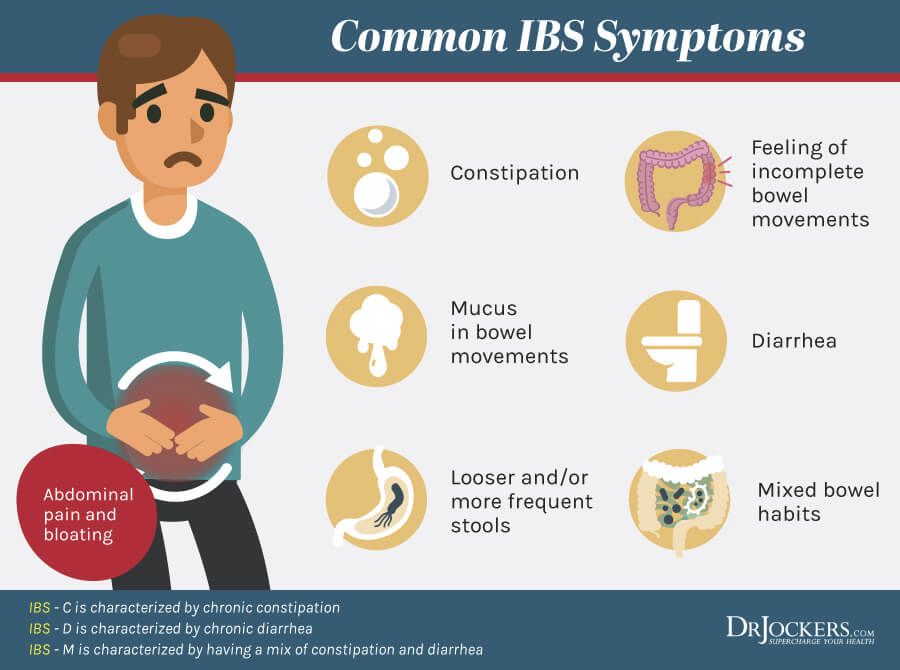
Evidence suggests that people are more likely to develop complicated grief disorder if the circumstances of the loss are traumatic in some way, like an accident or natural disaster. For many people, the loss of a child may be the most traumatic form of family loss.
According to Roeske, finding out about an unexpected death can also cause grief that leads to post-traumatic stress disorder (PTSD), a mental health condition that causes disturbing, intrusive thoughts related to the initiating traumatic event.
Research involving adults who lost someone during 9/11 found that about 43% had what could be categorized as complicated grief with PTSD 3 years after the event.
PTSD relating to grief is also especially likely if you have an existing mental health condition at the time you experience a traumatic loss, adds Roeske.
If you’re living with depression, for example, you may have a more pronounced reaction to a loss.
We all experience grief differently.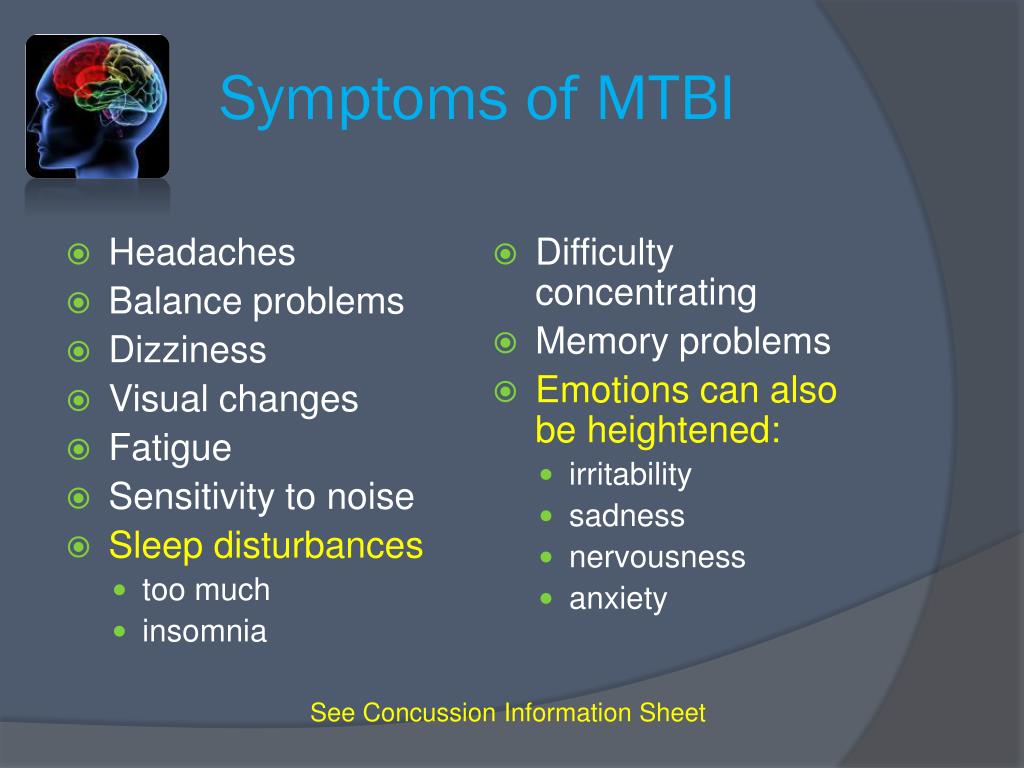 There’s no right or wrong way to grieve a loss. But if you’re experiencing traumatic grief, it may look different from other forms of grieving. Symptoms can include:
There’s no right or wrong way to grieve a loss. But if you’re experiencing traumatic grief, it may look different from other forms of grieving. Symptoms can include:
- nightmares
- difficulty sleeping
- attempts to avoid all thoughts and activities associated with the trauma
- flashbacks
- emotional numbness
- fear
- anxiety
According to Roeske, people experiencing traumatic grief may also feel angry and that what’s happened is unfair. They may also feel like they have unfinished business or something they need to work on.
The symptoms are more intense, pervasive, and persistent than regular grief. “Those experiencing traumatic grief are also more likely to feel fear for themselves and/or others,” adds Roeske.
According to the Substance Abuse and Mental Health Services Administration (SAMHSA), physical symptoms may also include:
- shakiness or trembling
- nausea
- loss of appetite
- dry mouth
- problems sleeping
- trouble breathing
- muscle weakness
People deal with grief in different ways, but some things may be more helpful than others in getting you through this difficult time.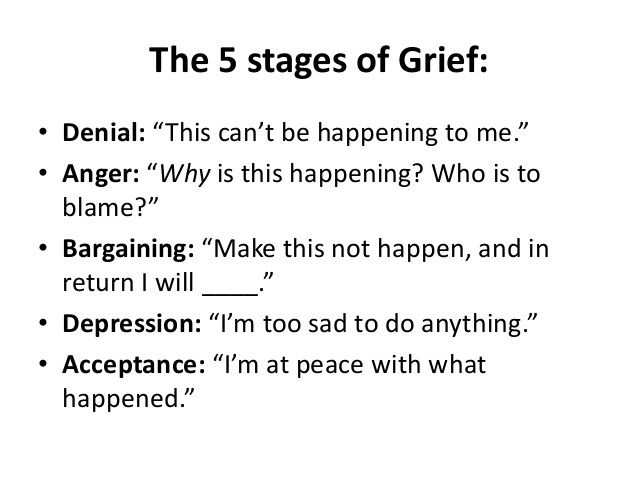
Focus on routine and maintaining structure
“It is best to first stabilize the trauma by focusing on how to regulate emotions and calm the nervous system before trying anything else,” says Roeske.
Soothing the nervous system looks different for everybody, but doing things that you enjoy is a good place to start. For some people, grounding exercises help them feel more connected to their bodies and surroundings.
Following a routine helps people to feel safe and cared for. Keeping regular mealtimes and prioritizing sleep may give you a greater capacity to regulate your emotions throughout the day.
Know that your feelings are not uncommon
Everyone deals with grief at some point and handles it differently. There’s nothing wrong with you if you’re experiencing traumatic grief that’s impacting your usual activities. You just might need extra support.
Acknowledge how you’re feeling
By understanding and identifying traumatic grief, you’re better equipped to deal with and manage those feelings, adds Roeske.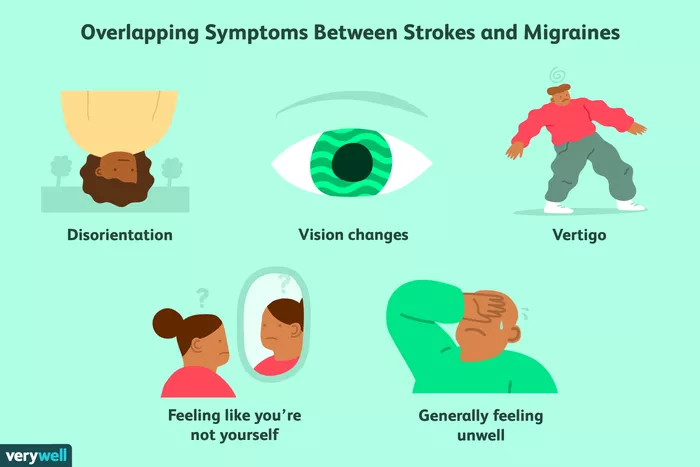
Think about it
Avoid trying to ignore your pain and grief. “Allow yourself to think about what happened instead of numbing or blocking it out,” Roeske says.
Express yourself
If you’re finding it tough to make sense of your feelings, journaling about your grief may help. It may even be a good first step before opening up to others.
Lean on others
Share how you’re feeling with people around you. Some people find it particularly helpful to talk with people who have experienced the same type of loss by joining grief support groups.
If you’re supporting someone who has experienced a sudden loss, try being a good listener. It can help to let the person talk about their loved one and grief.
In a 2021 study on forms of support for traumatic grief, responders commonly said that they appreciated it when people let them mention the name of the person they lost without being made to feel awkward.
“Grief is different for every person and every loss.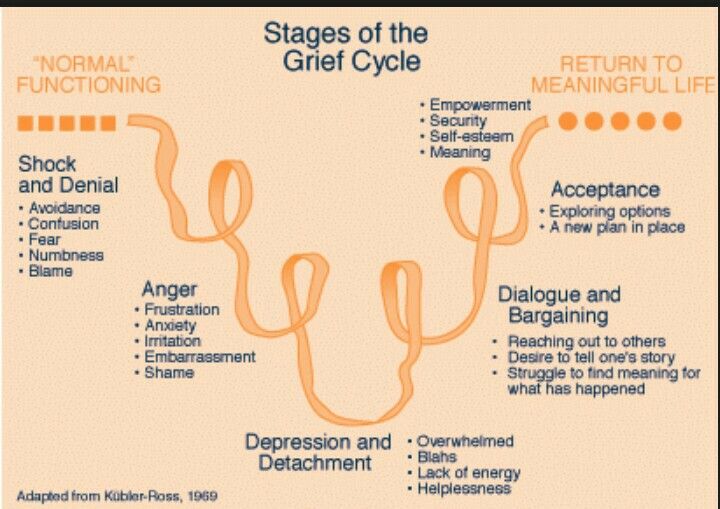 It can last for weeks, months, or even years. This is why working with a mental health professional can be so important and beneficial in healing,” says Roeske.
It can last for weeks, months, or even years. This is why working with a mental health professional can be so important and beneficial in healing,” says Roeske.
He recommends seeing a mental health professional if your grief is having a negative impact on your life. If you’re having trouble eating, sleeping, or otherwise taking care of yourself, that’s a sign it’s time to talk with someone about how you’re feeling.
If you’re looking for extra support, these resources may help:
- Trauma Survivor’s Network
- Substance Abuse and Mental Health Services Administration
- The Center for Complicated Grief’s find a therapist tool
- Hope for Bereaved’s free services and helpline
PTSD: what is it, symptoms, treatment
Psychological trauma can sit inside us for years and decades, undermining strength and exacerbating pain from time to time. A practicing psychologist talks about the nature of post-traumatic stress disorder and explains what might help to cope with it.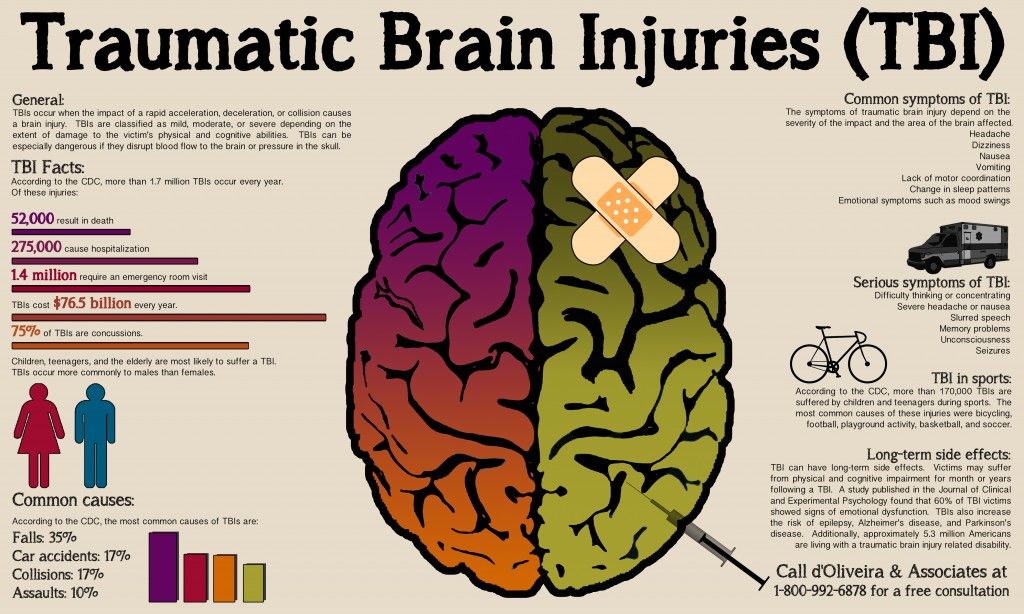
Arkady Volkov, psychotherapist, specialist of the service for the selection of psychologists Alter
Advertising on RBC www.adv.rbc.ru
What is PTSD
Each person has many mechanisms and resources at his disposal that allow him to live through difficult events, cope with difficulties, endure grief and loss, overcome disappointments and tragedies. Nevertheless, sometimes we are faced with an event that, for one reason or another, we cannot cope with: it does not fit into our personal experience at all and turns out to be an insurmountable shock. Such events, usually associated with a real or perceived risk to life and health, are usually called traumas, and they can cause post-traumatic stress disorder - a mental disorder as a result of encountering a traumatic situation. nine0003
Studies show that almost 4% of people suffer from PTSD at least once during their lives. At the same time, statistics in different countries vary significantly: in China, 0.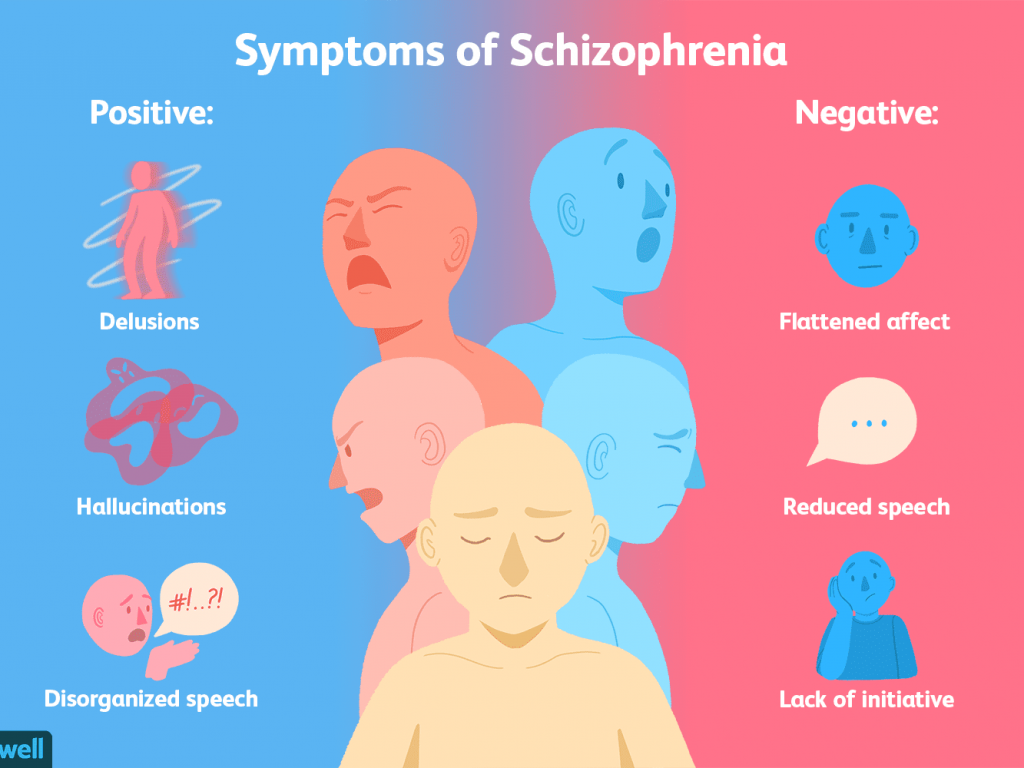 3% of respondents faced the problem, in the Netherlands — 7.4%, in Canada — 9.2% [1], [2].
3% of respondents faced the problem, in the Netherlands — 7.4%, in Canada — 9.2% [1], [2].
Symptoms of PTSD
Currently, the two main medical diagnostic guidelines (DSM-5, the American Psychiatric Association's guidelines, and ICD-11, the World Health Organization's classification) state the following criteria to conclude that a person is suffering from PTSD:
- Encounter with a life or health threatening situation. At the same time, PTSD can develop in a situation where a person has become a victim of such an event, and if he was a witness to it, or if a similar event happened to his loved ones. This criterion also applies to professionals who, by the nature of their work, are faced with the consequences of traumatic events: doctors, firefighters, crisis psychologists, and so on.
- Presence of at least one of the symptoms of involuntary intrusive and disturbing memories of the event, nightmares, flashbacks, distressing experiences, or a physical reaction in situations that are reminiscent of the event.
 nine0022
nine0022 - Avoidance of memories and thoughts about the event or anything that might remind of it.
- Disturbances in thinking and emotional state due to the experienced event: inability to remember important aspects of what happened, negative thoughts and beliefs about oneself and the world around, blaming oneself or others that the traumatic event occurred, lowered mood and negative emotions, decreased interest in the world around , feelings of isolation and alienation, reduced ability to experience positive emotions. nine0022
- Changes such as irritability and outbursts of anger, aggressive and dangerous behavior to self or others, increased alertness, startle response to minor stimuli, problems concentrating and sleeping.
To be diagnosed, the listed symptoms must last more than one month and cause significant distress or social difficulties.
© shutterstock
It is important to note that PTSD is often accompanied by other disorders, primarily depressive ones. nine0003
nine0003
Diagnosis of PTSD, like any other mental disorder, can only be diagnosed by a qualified specialist, but yes to the following questions may be a reason to seek advice and get help (or just be more attentive to yourself or a loved one).
- Have you experienced or witnessed any traumatic event in your life (such as an accident, fire, extreme disaster, physical attack on you or your loved ones)? nine0023
During the last month:
- Did you return to this event in your thoughts (not wanting it) or dreams?
- Did you make an effort not to think about this event and avoid being reminded of it?
- Were you more tense than usual?
- Have you ever been frightened for minor reasons?
- Did you feel alienated from your usual activities and loved ones?
- Did you feel guilty or blame yourself or others for the event? nine0023
Causes and risk factors
There is still no definite answer to the question of what exactly causes PTSD. But research has led to some important assumptions.
But research has led to some important assumptions.
At the physiological level, the development of PTSD can be triggered by:
Increased levels of stress hormones
In case of danger, our body produces stress hormones, such as adrenaline, in order to switch into an active mode and somehow escape from the threat (this reaction is often called "fight or flight"). PTSD victims continue to produce large amounts of stress hormones even when the danger is no longer around. This can cause hyperarousal and emotional changes, and can also cause long-term negative health effects, including migraines, pain, and an increased risk of heart, lung, and digestive problems. nine0003
Changes in brain function
Trauma-induced stress can damage the hippocampus, the part of the brain involved in emotion and memory.
Disorders in the hippocampus can interfere with the proper processing of memories and dreams, so the anxiety they cause does not decrease over time. Such changes may explain the increased levels of fear and anxiety, memory and recall problems suffered by PTSD victims. nine0003
Such changes may explain the increased levels of fear and anxiety, memory and recall problems suffered by PTSD victims. nine0003
© shutterstock
Factors that can increase susceptibility to PTSD:
- Previous traumatic experiences. The stress of a trauma can have a cumulative effect, and a new traumatic experience can exacerbate the negative effects of a previous trauma.
- Experience of violence. People with a history of physical, emotional or sexual abuse tend to be more susceptible to post-traumatic stress.
- PTSD or depression in loved ones. nine0023
- Substance use experience.
- Lack of skills to cope with traumatic situations.
- Lack of social support. Good social and family relationships help mitigate the effects of stress and trauma. Conversely, people who lack supportive relationships and environments tend to be more vulnerable to stress and therefore more at risk for PTSD. Being in a social environment that cultivates shame, guilt, stigma, or self-hatred also contributes to the development of post-traumatic stress disorder.
 nine0023
nine0023 - High level of stress in everyday life.
Treatment of PTSD
Approaches to the treatment of PTSD can be divided into two groups: medication and psychotherapy. Often methods of both groups are used in different combinations.
There are currently no medications specifically designed to treat PTSD, but there are many medications that work well for other conditions, such as depression and anxiety disorders, and have been shown to be effective in treating the symptoms of PTSD. nine0003
When it comes to psychotherapeutic methods, or "healing with a word", there are several approaches that demonstrate the greatest (and research-supported) effectiveness.
Cognitive Process Therapy
In this approach, the therapist invites the client to talk about the traumatic event and its aftermath and describe the experience in detail in a diary, which allows them to better see how the trauma is reflected in thoughts and find new ways to deal with it [3 ].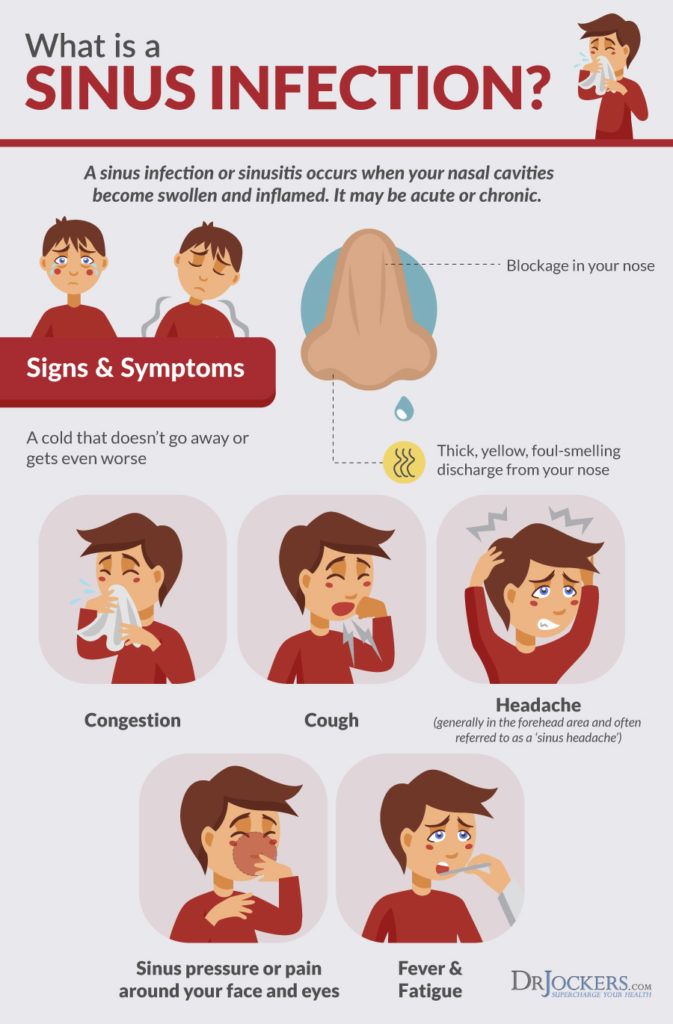
© shutterstock
EMDR - Eye Movement Desensitization and Processing
This approach is based on the notion that trauma disrupts the natural coping mechanisms inherent in each person and cannot be built into their experience and memory. The person is asked to focus on an external stimulus (eye movements from side to side directed by the therapist) and in parallel work through complex memories, thoughts and emotions associated with the trauma [4].
Body and creativity oriented approaches
Body Oriented Therapy aims to find resources through attention to bodily sensations, as well as gaining the opportunity to relive the traumatic experience from the position of an active actor, not a victim. Similar goals are set by approaches that use dance and participation in theatrical productions to gain the freedom and spontaneity that PTSD often deprives its victims of [5].
Living with PTSD
Trauma has a huge impact on many areas of our lives, but this does not mean that the problem cannot be solved, even if for one reason or another you do not have access to professional help. nine0003
nine0003
Of particular difficulty in working with PTSD is the very pain and severity of the traumatic experience, which often makes it necessary to avoid any reminders of the trauma, excluding the possibility of talking about it, as well as the devastating consequences for the view of oneself and the world around. All this makes it extremely difficult to build close relationships, seek support and help.
What can help you cope with PTSD
The very first and most important step is often the recognition of the traumatic experience, which opens up opportunities for conversation and subsequent rethinking. The devastating effect of trauma on the psyche is largely due to the fact that the traumatic event is completely knocked out of the normal course of our life, and it is extremely important to return, build it into our personal history. nine0003
Research demonstrates the high effectiveness of such a simple tool as writing about your experience: writing down your thoughts and memories of a traumatic event, trying to talk about the impact it had on your life, thoughts about the future.
Since trauma affects the body in one way or another, physical exercise, yoga (or regular stretching), meditation, dancing, and even theater classes can be an important help in overcoming its consequences [6]. nine0003
The support of relatives and friends plays a huge role. It's important to open yourself up and find someone you can talk to about what's bothering you.
However, overcoming PTSD on your own is not easy and can take a long time. Therefore, at the first opportunity, it is worth contacting a psychotherapist.
If your loved one has PTSD
If you notice symptoms of PTSD in a loved one, you can become a support for him and help him. At the same time, it is important to take into account that it can be extremely difficult for him to talk about the trauma and even return to it in his thoughts, so it is important to indicate your willingness to help and be there without exerting any pressure. Your very understanding and supportive presence, your willingness to share activities that bring joy and pleasure, a sense of stability and confidence can be beneficial. At the same time, you should learn more about both PTSD in general and about the features of its manifestation in your loved one (including triggers - situations, words or objects that can provoke memories of a traumatic experience). nine0003
At the same time, you should learn more about both PTSD in general and about the features of its manifestation in your loved one (including triggers - situations, words or objects that can provoke memories of a traumatic experience). nine0003
Books about PTSD
Tags: psychology
5 stages of experiencing psychological trauma. Advice from psychologists of the Humanitarian Center
5 stages of experiencing psychological trauma. Advice from psychologists of the Humanitarian Center
Clinical psychologist Alena Lukyanchuk, who coordinates the psychological service of the Rinat Akhmetov Humanitarian Center, talks about the features and stages of psychological trauma - a stressful event of high intensity. The material was published on the UNIAN website and will be useful to everyone who is faced with the events in the Donbass. nine0072
nine0072
Getting into a situation associated with grief, we somehow go through:
1. The stage of shock, or denial how to be with him, and most importantly, why be with him - it is painful. In other words, a traumatic situation is a bolt from the blue. And the human reaction to this is fading.
Some time passes, the situation associated with grief has not disappeared, has not evaporated, has not disappeared and is still there. It is slowly becoming a reality. And then, reaching fully to our consciousness, the traumatic situation causes anger. nine0003
2. Stage of aggression, anger, anger
“Why did this happen. I hate a world that hurts so much. I hate the culprit of this situation, it hurts me, I want to incinerate the reality in which this happens ... ”, the words sound in my head.
Aggression - a marker of loss of value, a marker of pain, pain makes you want to crush. And it’s true that it’s unfair and painful that so much is happening in the world: children are dying, loved ones are leaving, houses are burning, etc. It shouldn't be. No one deserves this...
It shouldn't be. No one deserves this...
Anger helps to reduce the affect that has accumulated inside. With the help of anger, this affect comes out and decreases.
Sometimes you can look for someone to blame, for example, to blame a person that he died, he left you after all… Or to blame yourself for the illness of a child - “overlooked…” It seems like the search for someone to blame will explain what happened, reduce pain, change what happened. If there really is a culprit, then a revenge plan can be developed to somehow reduce the pain. But it is not in vain that the old wisdom says - revenge will not return a person and will not put out the fire inside, it will double the pain and add impotence. nine0003
3. The next stage is the last frontier before accepting reality
There is an anecdote - “we are all atheists until the first jolting in the plane…”.
When something happens that is difficult for our inner world to bear, we all turn to some kind of faith, the idea of justice.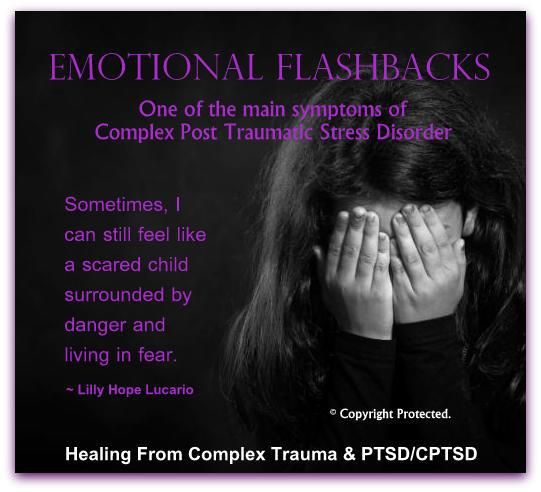
“Take this and I will always be good…” - children say to their mother in childhood showing a cut finger… , but at least to the little green men, if only they would help restore justice: “return the house, reduce pain, cure the terminally ill, and then we will never again .... Or always…. The last child's faith in a miracle .... nine0003
But miracles are rare and certainly do not magically change reality.
4. The stage of grief
After all the denials, anger, and attempts to negotiate with the world as in childhood, a complete realization of what happened comes. The situation has already happened. There is, as is. There will be no miracle. Everybody.
This awareness falls like a stone from above, nailing us to the ground with acute psychic pain. And then there is a real process of mourning for the lost value. As it was, there will be no more. It will be somehow different. nine0003
This stage is the most important. It symbolizes farewell to the past and the gradual acceptance of the new, where everything will be new.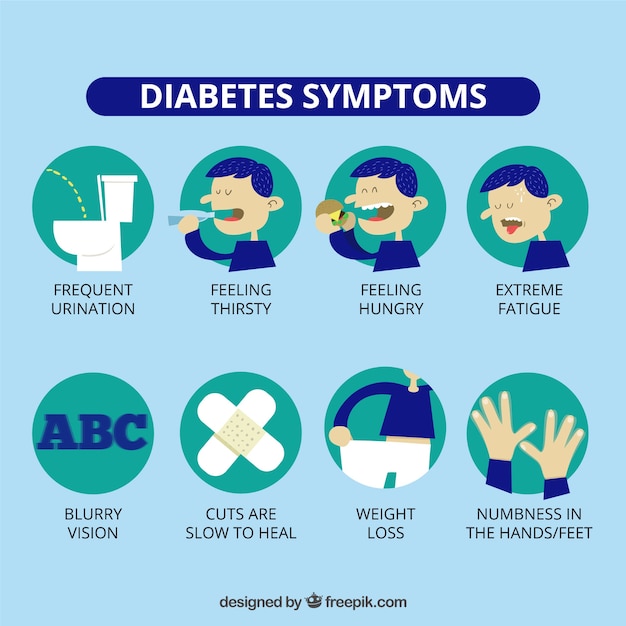
It is no coincidence that in the past grandmothers were invited to funerals for money, their task was simple - to cry. This gave impetus for the relatives of the deceased to move from shock to mourning, to accepting reality, to saying goodbye to loved ones.
5. Stage of Acceptance
After saying goodbye to a value, it remains in memory and in experience, the intensity of pain gradually decreases and a person has the opportunity to look at the world around and try to live in it with a changed life history. And it is then that the pain stops and the long-awaited relief comes. nine0003
Having gone through all these stages, the situation of grief or psychotrauma is built into the experience, and life goes on. Difficulty comes when at some stage there is a scrapping or jamming. Then the very same post-traumatic disorder appears: a psychotrauma that has changed life or illnesses and symptoms that did not appear before.
In modern life, where there is a lot of the cult of confidence and success, tearfulness and suffering are not welcome. And people cope with grief by silently gritting their teeth so that others do not judge, thus not giving themselves time to assimilate what is happening. nine0003
And people cope with grief by silently gritting their teeth so that others do not judge, thus not giving themselves time to assimilate what is happening. nine0003
Also in situations where rapid mobilization is necessary, for example, an escape from the city due to hostilities, the loss of a loved one in the war, these events do not provide an opportunity to stop and cry, get angry: to assimilate what happened and one's feelings in connection with it. Because you still need to be ready, look for a house, run again, earn money, etc. and then the psyche does not have the opportunity to survive or “package” what happened. A person is constantly in suspense from what happened, plus the uncertainty of tomorrow - everything together keeps the psyche in good shape, there is no way to relax for a second and understand "what it is all about and how to deal with it further." nine0003
Everything freezes inside and relief does not come, all events are repeated again and again in nightmares, and life stops at the moment of trauma.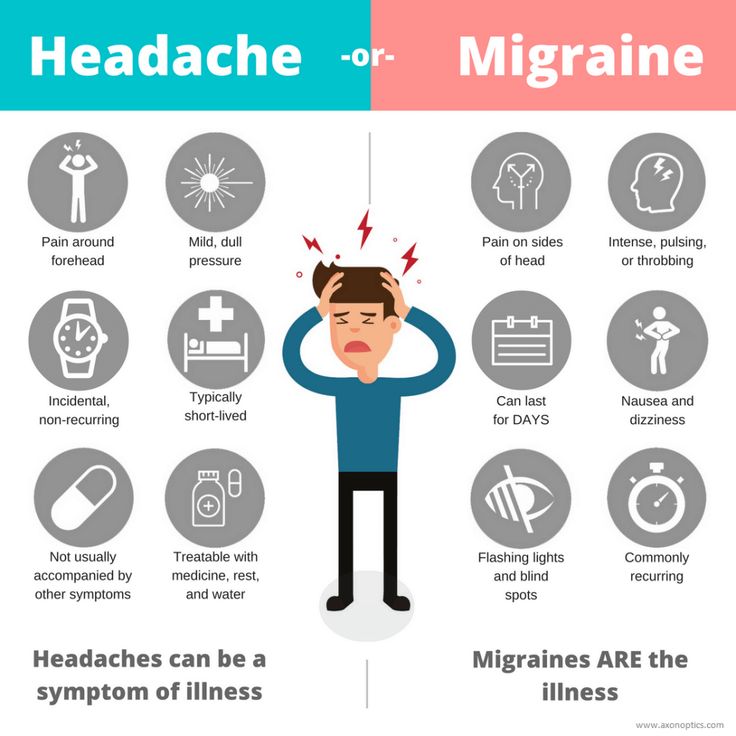
It is very important not to try to avoid what is happening. All today's events are something that did not happen to us before, that is not in our experience and cannot be.
War is something for which one cannot be prepared and one cannot pass by without getting hurt, without encountering compassion, horror, grief, pain, fear, rage. Whatever happens to you - do not freeze, talk about it, cry. Do not pause your inner world. nine0003
Time heals precisely by experiencing all the stages associated with ongoing events. How much time is needed for the stage of accepting and relieving pain depends on many factors: the depth of the psychotrauma, whether it is possible to live through it, whether there is support from someone close to you, and the individual characteristics of each person.
If possible, you should talk about what is happening, what scares you the most, look for ways to calm yourself now, seek support and understanding from loved ones. nine0003
Remember that everything will end sooner or later, but people will remain.
